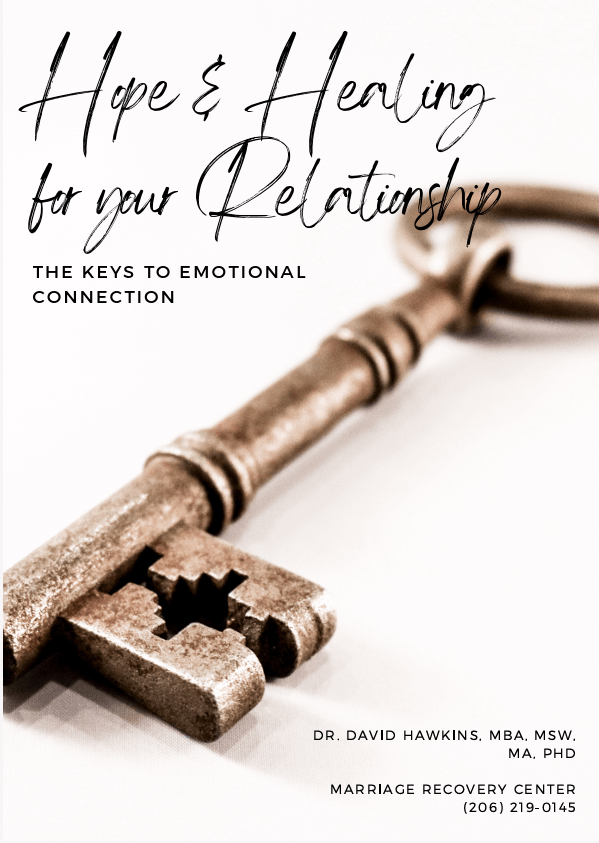The true essence of empathy can be found in one’s willingness to put aside their own feelings for the moment in order to make a sincere effort to understand and share the feelings of another person. But in the case of narcissists, this can be an uphill battle due to their sensitivity to criticism and their strong inclination to defend their ego. So do narcissists have empathy? Dr. Hawkins weighs in on whether narcissists are capable of feeling empathy and what this means for their partners who wish to create emotional and mental stability within their relationships.
Do Narcissists Have Empathy?
The question of whether narcissists can truly experience empathy is a complex and loaded one. Narcissism exists on a spectrum, with individuals varying in their levels of narcissistic traits and behaviors. In this article, we will explore the capacity for empathy in narcissists, the conditions under which they may exhibit empathy, and the challenges they face in developing this crucial skill.
Understanding Empathy
Before delving into the intricacies of narcissists and empathy, it is essential to establish a common understanding of empathy. Empathy is the ability to understand and share the feelings of another person genuinely. It involves putting oneself in another person’s shoes and comprehending their emotional experiences.
According to research, empathy is considered a skill that can be developed. However, the key to developing empathy lies in the individual’s motivation to do so. This is where narcissists encounter significant hurdles, particularly those with a history of emotional abuse, power, and control.
Narcissism on a Spectrum
Narcissism is not a one-size-fits-all personality trait. It exists on a spectrum, with varying degrees of severity. At one extreme end, you find malignant narcissists who are often characterized by a lack of empathy and a propensity for manipulation and control. However, as you move towards the mid-range or lower end of the narcissism spectrum, the picture becomes more nuanced.
Can Narcissists Experience Empathy?
The short answer is yes; narcissists can experience empathy. However, the longer answer delves into the conditions under which this empathy might manifest. For individuals on the mid to lower end of the narcissism spectrum, empathy is a possibility, but it may be overshadowed by self-protective mechanisms and shame-based responses.
The Challenge of Shame
Shame is a significant obstacle to empathy in narcissists. Many individuals with narcissistic tendencies are highly sensitive to criticism and engage in self-protective behaviors to shield themselves from perceived threats to their self-esteem. This constant state of self-preservation can make it exceedingly challenging to empathize with others, as empathetic responses require vulnerability and openness.
In essence, a shame-ridden narcissist is more likely to prioritize self-protection over developing empathy. This self-protective stance perpetuates a cycle that hinders the cultivation of empathy.
Empathy Development in Narcissists
While the journey towards empathy for narcissists is fraught with obstacles, it is not impossible. Many individuals, with the right support and motivation, can learn to embrace empathy. Here are some key components of this transformation:
- Responsibility: Narcissists must take responsibility for their abusive behaviors. Acknowledging their actions and their impact on others is a crucial step towards empathy.
- Shame Reduction: Lessening shame responses is essential. By confronting and working through their feelings of shame, narcissists can become more open to empathizing with others.
- Emotional Regulation: Learning to hold and understand their own feelings, and reducing defensiveness, helps in the development of empathy.
Empathy in Relationships
The question of empathy becomes particularly pertinent in relationships involving a narcissistic and emotionally abusive partner. Both individuals need to actively work on creating a safe space for one another. This includes reducing the shame response, fostering a genuine connection, and promoting safety.
By lowering the shame response and creating a safe environment, both partners can potentially increase their capacity for empathy. This, in turn, can improve the quality of the relationship.
Conclusion
In summary, the question of whether narcissists can experience empathy is complex, but not all narcissists are created equal. While some individuals with narcissistic traits may use empathy to manipulate and control, others, especially those on the milder end of the spectrum, can experience empathy under the right conditions.
Empathy is a skill that can be developed, but it requires motivation and the willingness to confront shame-based responses. As individuals with narcissistic tendencies take responsibility for their actions, reduce shame, and work on emotional regulation, they can cultivate the capacity for empathy.
In relationships involving narcissists, both partners have a role to play in fostering safety and connection. By doing so, they can create an environment where empathy can thrive, ultimately contributing to healthier and more fulfilling relationships.
This is an ongoing and challenging endeavor, but with the right support and effort, it is possible for narcissists to develop empathy and for relationships to thrive.
To learn how we can help, reach out to us at (206) 219-0145 or info@marriagerecoverycenter.com to speak with a Client Care Specialist
Also read: How to Turn Opposition into Opportunity
About Dr. Hawkins:
The internet is inundated with hyperbole and misinformation about narcissism, leaving many people confused and hopeless. Get the facts on narcissism and emotional abuse from someone who has been researching, writing about and treating narcissism and emotional abuse for over a decade.
Dr. Hawkins is a best-selling author and clinical psychologist with over three decades of experience helping people break unhealthy patterns and build healthier relationships.
He is the founder and director of the Marriage Recovery Center and the Emotional Abuse Institute which offers education, training and counseling for people who want to break free of, and heal from, emotional abuse. Whether the perpetrator of the abuse is your spouse, partner, parent, boss, friend or family member, we offer practical advice for anyone trapped in a toxic, destructive relationship.
In addition to narcissism & emotional abuse, you’ll learn about the lesser known forms of abuse, including covert abuse, reactive abuse, spiritual abuse, secondary abuse, relationship trauma and much more.








